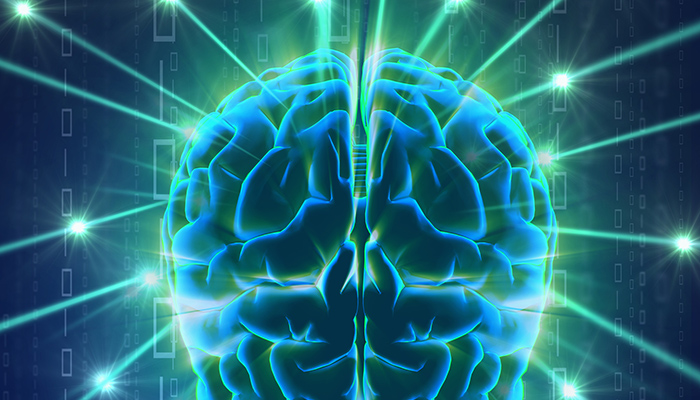
Electrical stimulation applied to the brain during training can boost performance on new, untrained tasks controlled by the same brain areas, according to new research from Professor Jason Mattingley and colleagues.
Not surprisingly, training on a particular task improves the speed and accuracy of your performance on that task. But the benefits of training seem to be very specific to the task you trained on – your performance on similar tasks may not get any better.
In this new research, published in the journal Scientific Reports, the scientists showed that non-invasive brain stimulation during brain training could enhance participants’ performance not only on a task that they’d been trained to complete, but also on a single unrelated task that they hadn’t practiced.
The research follows on from a study that showed brain training can improve attention and decision making.
The team wanted to take their research a step further by testing whether a similar combination of brain training and transcranial direct current stimulation (tDCS) could improve participants’ performance on different untrained tasks.
Brain training transfers to new tasks
The group trained participants on a multitasking exercise – requiring them to use a keyboard to quickly identify coloured symbols and sounds – for four days.
Right before the training, and then one day and two weeks afterwards, the researchers tested the participants’ performance on three untrained tasks: a similar multitasking approach that used different symbols and sounds; an inhibition task, requiring participants to respond to a particular stimulus but not to any other stimulus; and a visual search task, requiring participants to locate and respond to a specific symbol within a group of similar symbols.
The scientist found that tDCS combined with multitasking training enhanced performance not only on the similar (untrained) multitasking exercise, but also on the quite different visual search task.
However, participants’ performance on the inhibition task did not improve. This could be because the tasks are believed to draw on different parts of the brain.
Training and tDCS may boost performance only for tasks that use the same parts of the brain as the trained task.
To better understand how training affects the brain, and how training can be adapted to maximize its benefits, the scientists plan to study exactly how the brain contributes to performance enhancement. They also hope to find out what types of tasks and what groups of people might benefit from this combination of training and tDCS.
This article was originally published on The Brain Dialogue.



